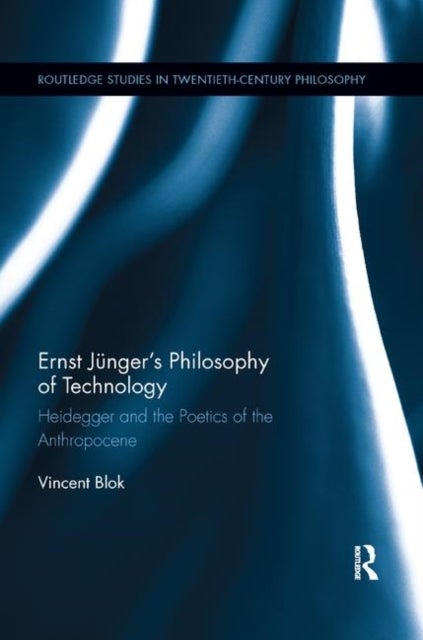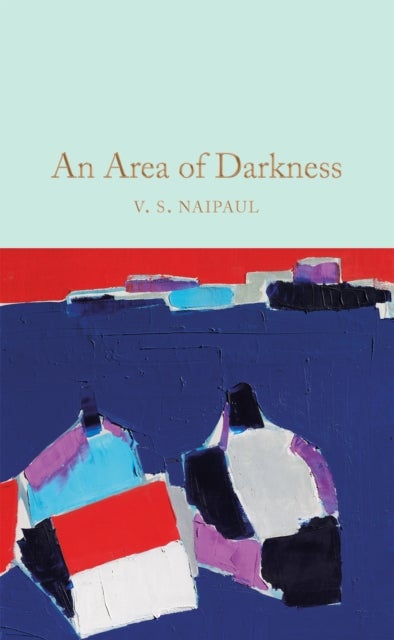
Ernst Junger¿s Philosophy of Technology av Vincent (Wageningen University The Netherlands) Blok
529,-
<P>This book examines the work of Ernst J¿nger and its effect on the development of Martin Heidegger¿s influential philosophy of technology. Vincent Blok offers a unique treatment of J¿nger¿s philosophy and his conception of the age of technology, in which both world and man appear in terms of their functionality and efficiency. The primary objective of J¿nger¿s novels and essays is to make the transition from the totally mobilized world of the 20<SUP>th</SUP> century toward a world in which a new type of man represents the gestalt of the worker and is responsive to this new age. Blok proceeds to demonstrate J¿nger¿s influence on Heidegger¿s analysis of the technological age in his later work, as well as Heidegger¿s conceptions of will, work and gestalt at the beginning of the 1930s. At the same time, Blok evaluates Heidegger¿s criticism of J¿nger and provides a novel interpretation of the J¿nger-Heidegger connection: that J¿nger¿s work in fact testifies to a transformation of our rela








